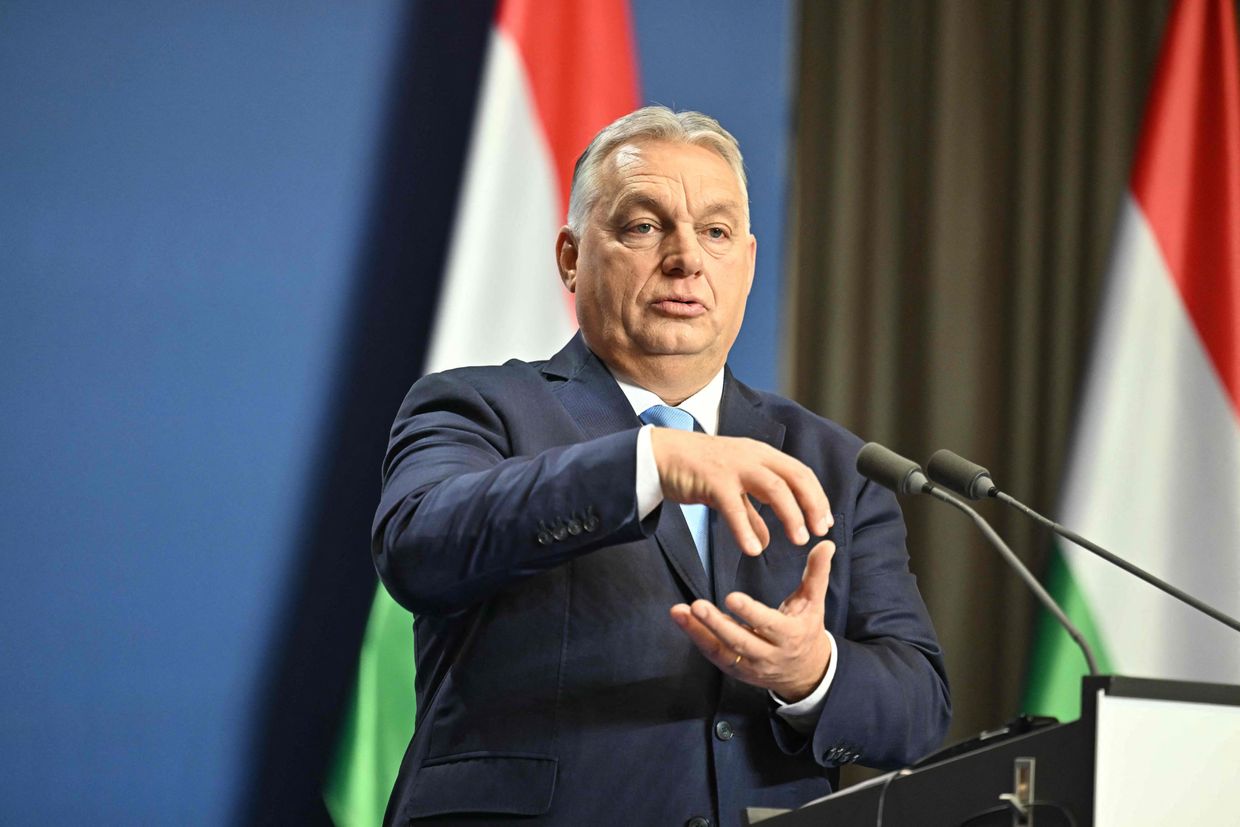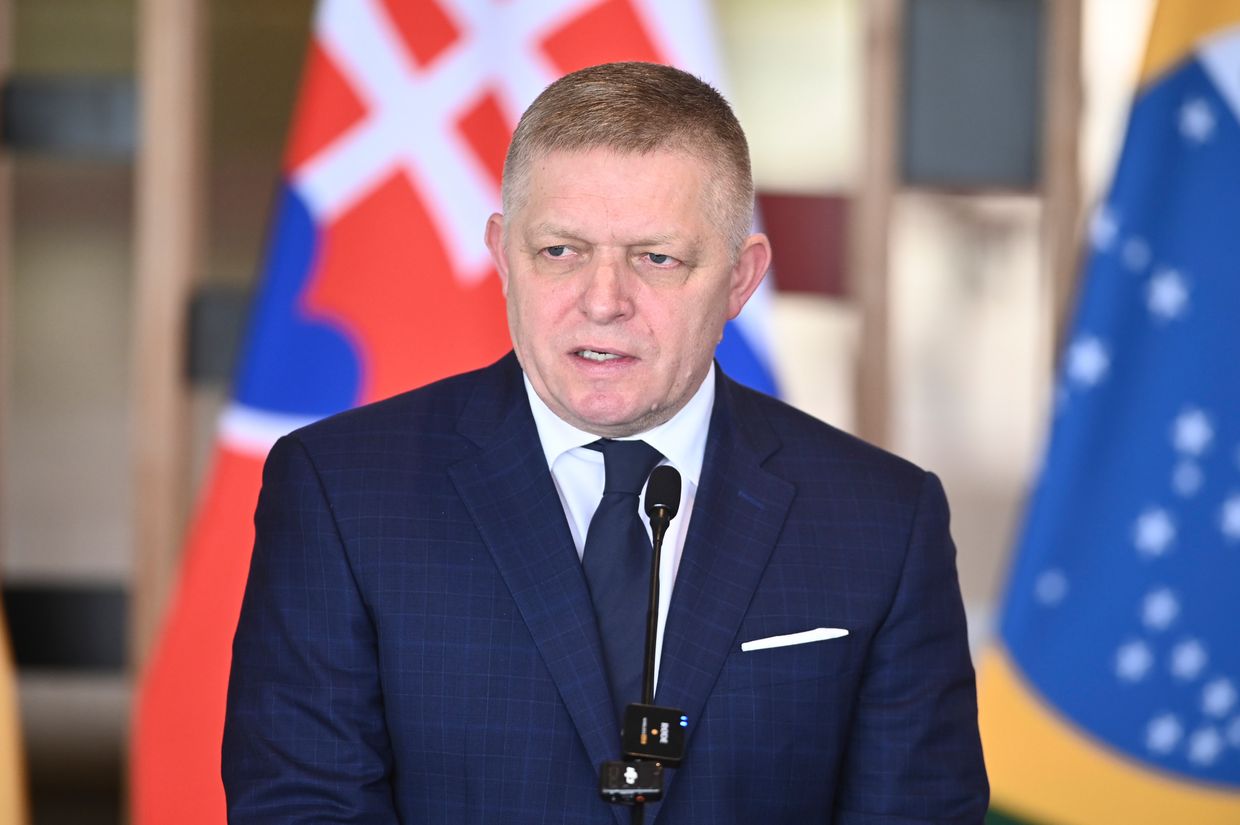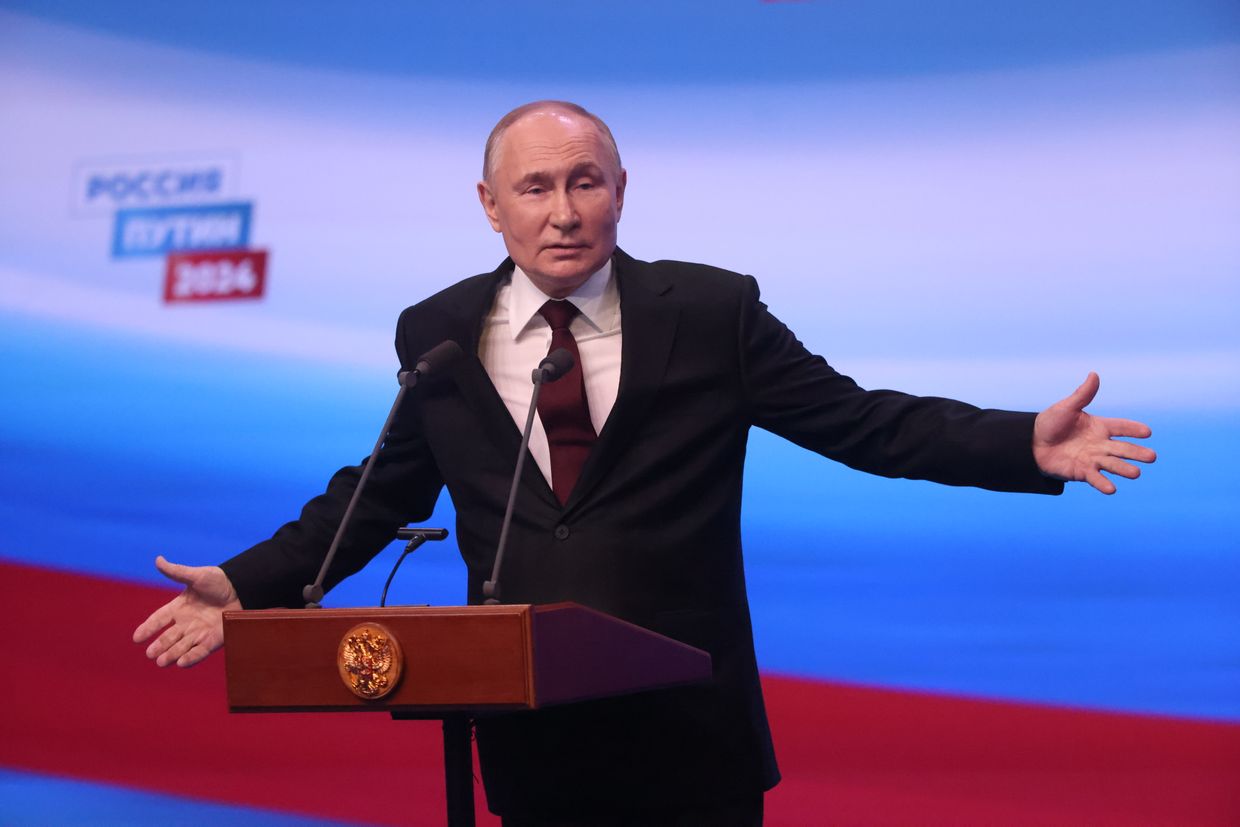
Orban says Hungary proposing ‘trick’ to keep Russian gas shipments via Ukraine
Hungary is in talks with Moscow and Kyiv hoping to keep open gas shipments via Ukraine, the country’s Prime Minister Viktor Orban said on Dec. 21.
Ukraine has said it will not extend the transit agreement for Russian gas through its territory, set to expire on Dec. 31.
The decision has prompted concerns from Hungary and other nations, and Orban has now hinted at a potentially unconventional solution to keeping the route open for Budapest.
"We are now trying the trick … that what if the gas, by the time it enters the territory of Ukraine, would no longer be Russian but would be already in the ownership of the buyers," he said in comments reported by Reuters.
"So the gas that enters Ukraine would no longer be Russian gas but it would be Hungarian gas."
It’s not known how the proposal has gone down in Moscow and Kyiv, but President Volodymyr Zelensky has said that Ukraine would not allow Russia to “earn additional billions” from gas exports while continuing its full-scale invasion.
Hungary is broadly seen as the most Moscow-friendly country within the EU and NATO, repeatedly obstructing aid to Kyiv and sanctions against Russia.
Foreign Minister Peter Szijjarto has also repeatedly visited Russia throughout the full-scale war, a step that his European colleagues avoided.
Along with Slovakia and Austria, Hungary remains reliant on Russian gas, paid for through the now-sanctioned Gazprombank.


Hungary receives roughly 4.5 billion cubic meters of Russian gas on an annual basis under a 15-year deal signed in 2021.
Earlier this month Hungary requested the U.S. to provide the country with a sanctions waiver to further continue payments for Russian natural gas imports through Gazprombank, Szijjarto said.
The United States introduced new sanctions on Nov. 21, targeting dozens of Russian banks, including Gazprombank, securities registrars, and financial officials.
"Yesterday, we filed our request with the relevant American authorities that calls for Gazprombank being granted an exception from sanctions when it comes to payments for natural gas," Szijjarto said, amid a visit to Washington ahead of President-elect Donald Trump's inauguration.
After the sanction were initially announced, Szijjarto said on Nov. 22 that sanctions marked an "attack on our sovereignty," deeming the implementation as a "threat to energy security."
The U.S. had previously refrained from targeting Gazprombank to allow European countries to continue paying for Russian gas supplies, as the bank is the primary channel for energy-related payments.
Despite the past restraint, the U.S. Treasury Department said that the most recent sanctions "will make it harder for the Kremlin to evade U.S. sanctions and fund and equip its military."
The Financial Times noted in its reporting that Russia used Gazprombank to purchase military equipment, pay soldiers, and compensate the families of those killed in the war in Ukraine.
The new U.S. sanctions are intended to close one of Russia's few remaining avenues for international banking, barring Gazprombank from conducting transactions in dollars.













